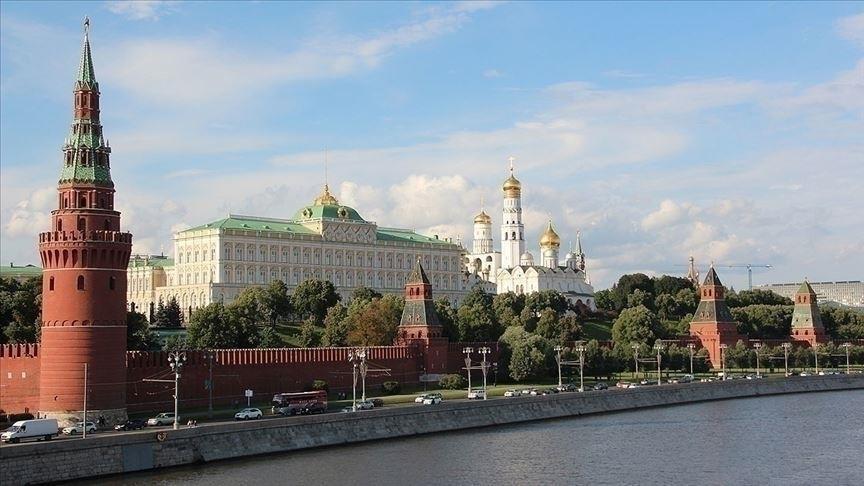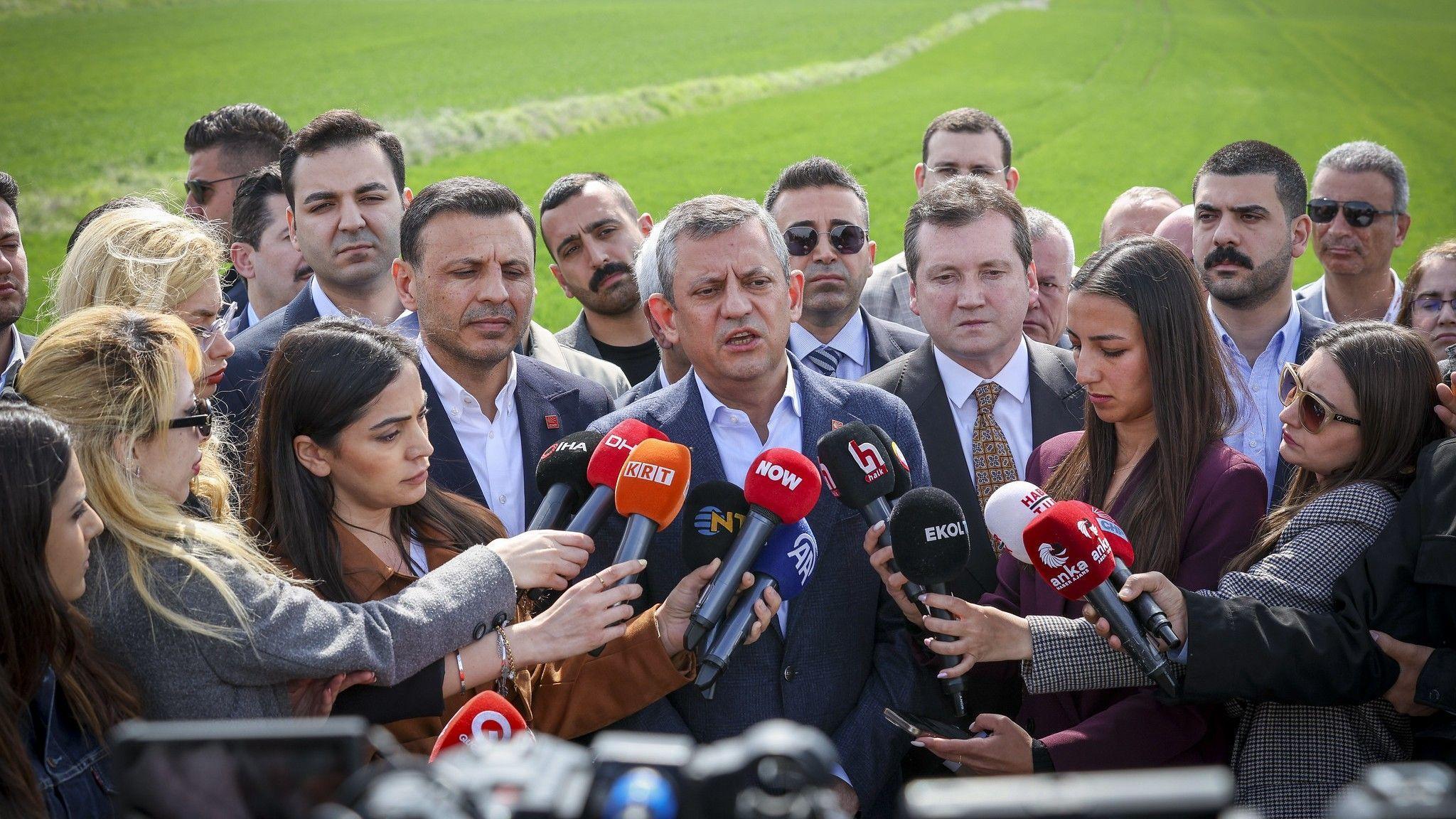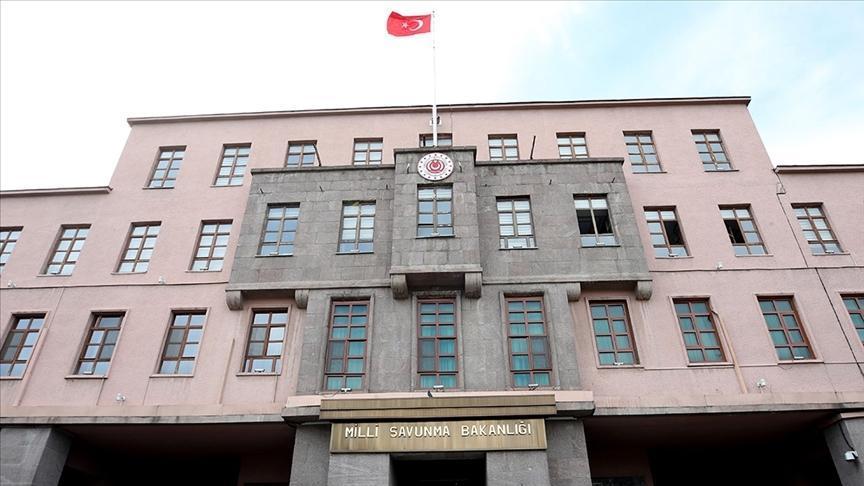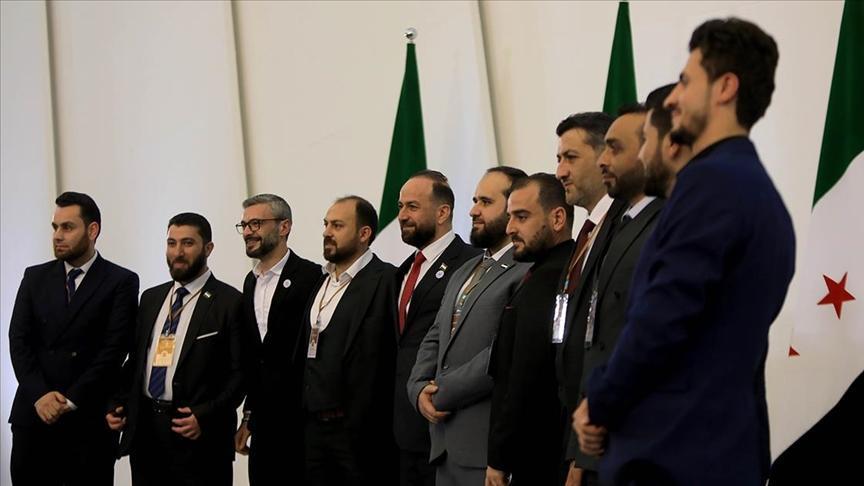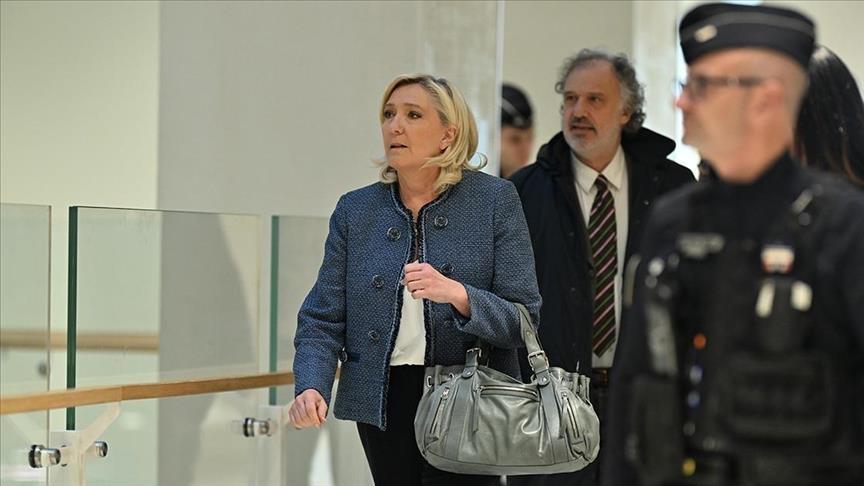Syria spills over into Turkey?
In a May 1 report on Syria, the International Crisis Group had join those who warn both the Turkish government and international community about the risk of a spillover of violence coming from the two-year-strong civil war in the country.
Midday on May 11 two vehicles loaded with explosives went off in the middle of the Reyhanlı town of Turkey some 20 km away from the Syrian border in the Eastern Mediterranean province of Hatay, killing at least 46 and injuring around 100, according to Turkish government statements. The result was so awful that the local court imposed a ban on the footage and detailed reporting about the crime scene.
Turkish government points the finger at Bashar al-Assad’s Baathist regime in Syria as the mastermind of the attack. Direct accusations were rebuffed by the Syrian government immediately, but Turkish Foreign Minister Ahmet Davutoğlu said during a live TV show on May 12 that “Those who committed the Baniyas massacre are also responsible for these attacks.” He was talking about a Syrian army operation supported by the “Syrian resistance,” alias “Mukavama” militia against the Sunni Muslim population of the historical coastal town of Baniyas, killing hundreds of civilians (estimated around 800, including children). Davutoğlu had denounced the operation as an “ethnic cleansing” operation against Sunnis by al-Assad, as a contingency plan to establish an all-Nusayri and smaller state in case Syria gets divided as a result of the civil war. Al-Assad belongs to the Nusayri faith (often mistaken as millions of Alevis in Turkey) unlike the Sunni majority in Syria and the only Russian military (naval) base in the Mediterranean and the Middle East region happens to be in Tartus, only 35 km south of Baniyas.
The point is there was somebody, technically still a Turkish citizen, Mihraç Ural, who was shown as the responsible party by The Times of London on May 10; there are videos of him available on YouTube as he speaks in Arabic and tries to agitate the militia around him that Baniyas should be cleansed of Sunnis as soon as possible.
The name is not alien to Turkish security circles. Ural was among the founders of an armed leftist group with the nickname “Acilciler” – the hasty ones – in the late 1970s and is responsible of a number of political murders, bank robberies and similar acts of terror. Strange enough, the Hasties had been denounced by other and similar leftist groups as being the tool of the Syrian intelligence, even mocked as being the “liberation army of Hatay,” since a number of its members were from Hatay and of Nusayri origin. And the reference was to a 1938 plebiscite where the Hatay people had made their choice to be a part of Turkey, which has never been recognized by Syria. That was one among the main reasons why father al-Assad had hosted Abdullah Öcalan, the leader of the outlawed Kurdistan Workers’ Party (PKK) to mastermind attacks against Turkey during 1980s and ‘90s, until Ankara threatened Damascus with war in 1998.
Ural’s name and organization was mentioned by Turkish security and media right after a similar car bomb attack at Cilvegözü border gate with Syria on Feb. 11, killing 13 people. Government sources have said on a background basis that that all nine people detained after the attack were Turkish citizens belonging to the same group. It is another question what the Turkish National Intelligence Organization (MİT) and the police have been doing, if it is true that those people were being watched and their real aim was not Reyhanlı but Ankara, as is whispered by police sources after the terrible incident.
Are those signs of a spillover, or moves by al-Assad to force Erdoğan to change its Syria policy, including hosting of the Free Syrian army and the rebellious Syrian National Coalition? A question with no easy answer.
Prime Minister Tayyip Erdoğan slammed the opposition yesterday for criticizing his government’s involvement in Syrian affairs “too much,” claiming that Erdoğan’s “wrong and risky” Syria policy made Turkey a target of terrorist acts and asked whether it would be more proper to turn a blind eye on the sufferings of women and children from al-Assad’a “illegitimate” regime. No, there was nothing wrong with his Syria policy; Turkey was a target because of its rising economic and political success in the region.
All this happened right before Erdoğan’s visit to Washington, D.C. to meet President Barack Obama on May 16 and also on the eve of a major U.S.-Russia-led conference on Syria.



